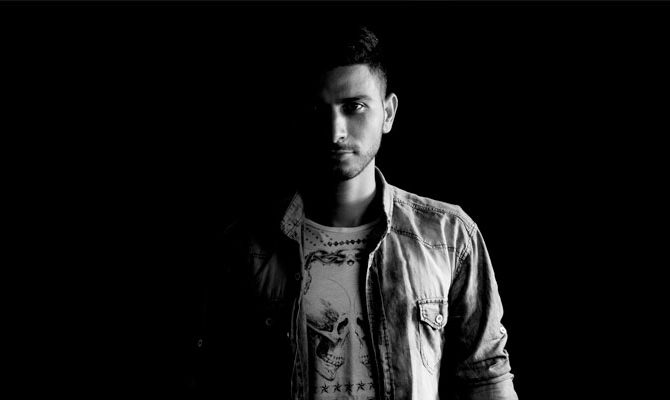
Is There A One Size Fits All For Different Treatment Modalities
by Claire Foster
Effective treatment for substance abuse disorder takes the whole person into account. After all, alcoholism and addiction are complicated issues, with a physical component as well as a psychological one. Sometimes described as a “spiritual malady” because of its complexity, substance abuse disorder is a spectrum disorder that responds to a combination of different treatment modalities.
The two most commonly used modalities are pharmaceutical and behavioral therapy.
Medication is helpful for many people, especially when they are in withdrawal from acute substance addiction. According to the National Institute of Health, Buprenorphine/Naltrexone has been proved to be safe and effective long term treatment for heroin and opiate addiction. Other medication-based methods for treating the long term effects of addiction include Vivitrol, Naloxone. People in treatment may be prescribed other medications as well, which are designed to help addicts with dual diagnosis issues. These medications are for long term maintenance of mental health, and are not appropriate for everyone. For some people with dual diagnosis issues, such as eating disorders, mental health issues, or mood disorders, psychiatric medications might be prescribed.
It’s important to point out that although experimental forms of treatment exist, including enzyme therapy, the science of addiction and recovery has produced research that indicates what works for the majority of the recovering population, and what doesn’t. Well balanced, cutting edge, reputable treatment centers incorporate this research when designing their programs. For example, studies of Buprenorphine/Naltrexone have shown that women have different substance abuse treatment needs than their male counterparts; that Buprenorphine/Naltrexone is very effective in heroin addicts who are male and “severely impaired” by addiction; and Buprenorphine/Naltrexone does not affect the health of the fetus if used during a pregnancy. That means that a man who is a low-bottom heroin addict might be given Buprenorphine/Naltrexone as part of his treatment plan, while a woman who had been in addiction for a year or less might not be given the medication. That means that Buprenorphine/Naltrexone, as a treatment modality, isn’t going to be right for every person—but it can be helpful to the people who need it.
Behavioral therapy is a key part of treatment programs, too. We’re still learning more about evidence based practices (EBPs) such as therapy that are specific to substance abuse disorder. Treatment that includes this modality shows a high rate of success for people in recovery. Many rehabs encourage graduates to connect with support groups or 12 Step groups after treatment is completed, to maintain long term recovery. Behavioral therapy might be used in individual or group therapy. Some of these practices also work for prevention, especially in young people, children, and people who show early signs of substance abuse but are not full-blown addicts.
Equine therapy, holistic therapy, BioSound therapy, EMDR therapy, trauma therapy in an individual counseling setting, chemical dependency therapy, psychotherapy, and sound therapy are some of the treatment modalities offered by Windward Way. A diversity of options and opportunities is important because each person has different needs and interests. What works wonders for one person may be less than inspiring for another one. Yet, a well developed treatment program will offer many new avenues for clients to explore. These can be important opportunities for newly sober people to get in touch with themselves and acquire the tools they need to maintain long term recovery.
In the end, there is not “one size fits all” treatment that will guarantee successful, long term sobriety. However, what we know is that there are a few modalities that consistently work to help people recover from substance abuse disorder.
__________